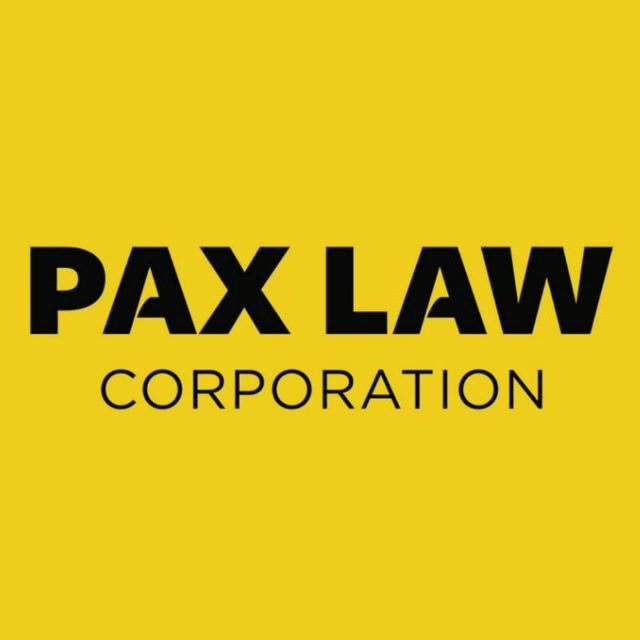Why Even Bother Incorporating a Company?
Incorporating a company means that you are creating a new legal entity that can be sued instead of you personally. Your corporation reduces the risk of being personally responsible and liable for legal claims and financial matters such as litigation and debts. It acts as a shield against personal liability. There are always exceptions when it comes to the law, however, for the most part, you, the director of your company, will be glad to know how much responsibility and accountability your legally incorporated business can endure and withstand instead of you. Your corporation is like a cloak that hides your personal identity and allows you to do business under a business name of your choice.

Naming Your Company
Now, this is the interesting part of creating your business! You get to establish a unique and custom business name of your choosing, as long as it is appropriate, descriptive enough, and not already taken. You will have the option to incorporate a business name that you desire, or simply not name it and use the incorporation number instead. You do not need to wait for the incorporation number as it will be assigned when the incorporation application is filed. However, if you decide to name your corporation, a $30 fee will be required to request and reserve a business name online. It is worth keeping in mind that it takes about 7 to 14 days to process a name request. However, if you are in a rush and need to have a business name approved in 1 to 2 business days, you could request priority service for a fee of $100. An essential part of your corporation’s name, even if you choose to register an incorporation number, is to decide and select a corporate designation that suits your business purposes best, (e.g. Inc., Corp., Ltd, ULC, CCC). To find out what type of corporate designation is best suited for you, our professional team here at Pax Law Corp. can assist you with naming and incorporating your company to ensure that everything goes smoothly and according to your business plan and vision.

Keeping Your Company’s Records Up to Date
Owning a company comes with its own responsibilities. Maintaining complete and up-to-date corporate records in a binder is one of the most crucial and essential aspects of owning a company. This binder is often referred to as the minute book of the corporation. In British Columbia, business owners are required to keep their corporate minute books at the corporation’s registered office, usually at a law firm. This is mandated by the British Columbia Business Corporations Act. The minute book can also be kept at another location in Canada as designated by the directors. The minute book should include important documents such as the articles of incorporation, bylaws, minutes of meetings, resolutions (director resolution and shareholder resolution), and records of share transactions. Keeping these records up to date is crucial for legal compliance and can help avoid potential fines or liabilities. The responsibility of updating the records in the minute book typically falls on the corporate secretary, a designated officer, or sometimes the corporate lawyer. However, directors do play a crucial role in ensuring that the minute book is kept up to date. This includes documenting important transactions, meetings, and resolutions. Directors are responsible for ensuring that the company complies with legal requirements, which includes maintaining accurate and current records in the minute book. This can involve recording the appointment and resignation of directors and officers, changes to the registered office address, and significant corporate decisions. It is important to keep in mind that corporations must file their annual reports to keep the corporation in good standing. If a corporation does not file its annual reports for two consecutive years, it will be struck from the corporate registry and will automatically be dissolved. You might have heard about the registered office and the records office. The registered office and the records office serve distinct but complementary roles for a corporation. The registered office is the official address of the corporation where legal documents, such as court notices and government correspondence, are sent. It ensures that the corporation can be legally served with documents. The registered office must be a physical location in British Columbia and must be accessible during regular business hours. The records office, however, is where the corporation’s important records are kept (the minute book). The records office must also be a physical location in British Columbia. It must be open to the public for at least two consecutive hours each business day to allow for the inspection of certain records. Often, companies choose to have both the registered office and the records office at the same location, frequently at a law firm, for convenience and efficiency. All this might sound confusing and complicated, but worry not, because our professional team at Pax Law Corp. can assist you in creating your corporate minute book and can serve as both the registered office and the records office for your corporation!

If you wish to get more information regarding the incorporation process and further details, we highly recommend you visit the following website. If you are interested in a worry-free incorporation of your company or booking a consultation with us at Pax Law Corp., we are here to help you: Incorporated companies – Province of British Columbia (gov.bc.ca)
Important: Please note that the information here is not meant to be legal advice. The prices given are current as of the date of the publication of this blog. Do not solely rely on the information given here; it is important that you consult with a lawyer regarding any legal advice. Pax Law Corp. is not responsible for any reliance on the contents of this blog post.




0 Comments